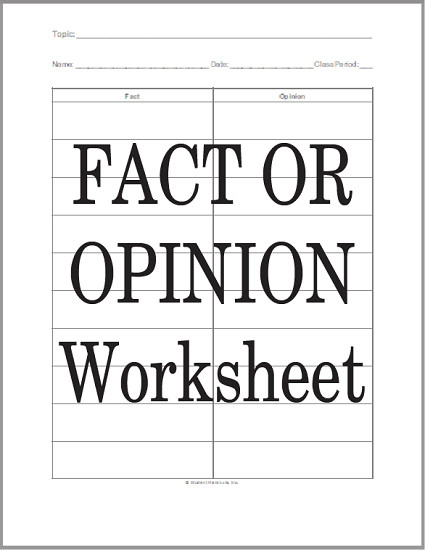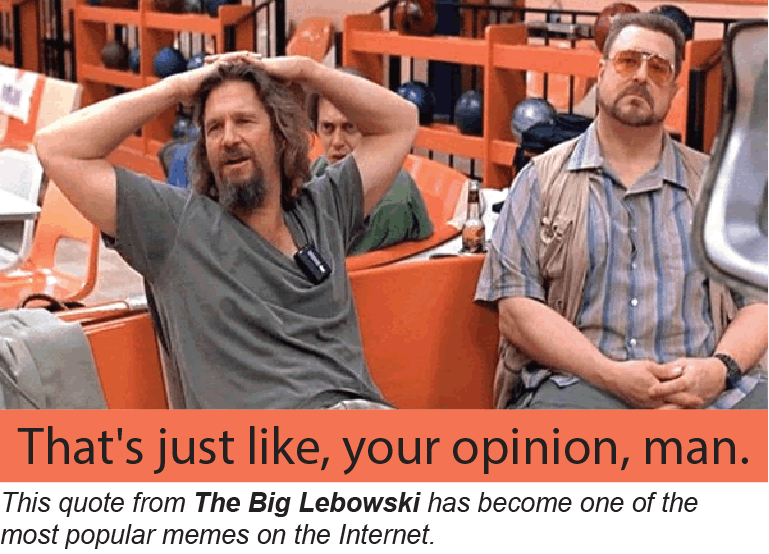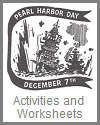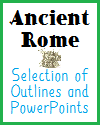Fact and Opinion
Worksheet |
| www.studenthandouts.com > Social Studies > Social Studies Handouts |
 |
 |
|---|
Click
here to print. Chart for listing up to ten facts and opinions about them. This worksheet could
also be used to categorize a given list of fact-or-opinion
statements. |
|
It is crucial for students to learn to differentiate fact from opinion for several important reasons.
Critical Thinking: Distinguishing between fact and opinion is a fundamental aspect of critical thinking. It helps students develop the ability to analyze information, make informed judgments, and evaluate the credibility of sources. Media Literacy: In the digital age, students are exposed to a vast amount of information through various media sources. Learning to differentiate fact from opinion is essential for media literacy, enabling students to discern reliable news from biased or false information. Informed Decision-Making: Being able to identify facts allows students to make decisions based on accurate information. This is crucial in both personal and professional life, as well as in civic engagement. Research Skills: In academic and professional research, students must distinguish between factual information and subjective opinions to build credible arguments and draw valid conclusions. Preventing Misinformation: Recognizing the difference between fact and opinion helps students guard against misinformation and disinformation, which can be harmful to individuals and society. Responsible Citizenship: In a democratic society, informed and responsible citizenship relies on a well-informed citizenry. Being able to differentiate fact from opinion is a prerequisite for making informed choices and participating in civic activities.  Ethical Decision-Making: Understanding facts and opinions is essential for ethical decision-making. It enables students to consider objective information and ethical principles when facing moral dilemmas.
Ethical Decision-Making: Understanding facts and opinions is essential for ethical decision-making. It enables students to consider objective information and ethical principles when facing moral dilemmas.
Conflict Resolution: In personal and professional conflicts, the ability to distinguish between factual claims and subjective opinions can facilitate more effective conflict resolution and negotiation. Communication Skills: Effective communication requires the use of facts to support arguments and opinions to express personal beliefs or viewpoints. Students need to understand when to use each appropriately. Analytical Skills: Differentiating fact from opinion enhances analytical skills. Students learn to question and critically examine information sources, including the motivations and biases behind opinions. Credibility Assessment: Students should be able to assess the credibility of sources and recognize when opinions are based on sound evidence or personal bias. Media Literacy: In an era of information overload, students must be media-savvy consumers who can discern between news, analysis, commentary, and opinion pieces in various media formats. Research Integrity: In academic settings, students need to distinguish factual information from subjective interpretations to maintain research integrity and academic honesty. Career and Workplace Skills: In many professions, professionals are expected to base decisions on facts and evidence. Learning to differentiate fact from opinion prepares students for success in the workplace. Personal Empowerment: Knowledge is empowering. Being able to identify facts empowers students to make informed choices about their education, health, finances, and more. The ability to differentiate fact from opinion is a foundational skill that not only supports academic success but also equips students with the critical thinking, media literacy, and decision-making skills necessary for active and responsible citizenship in an information-rich world. |
| www.studenthandouts.com > Social Studies > Social Studies Handouts |









